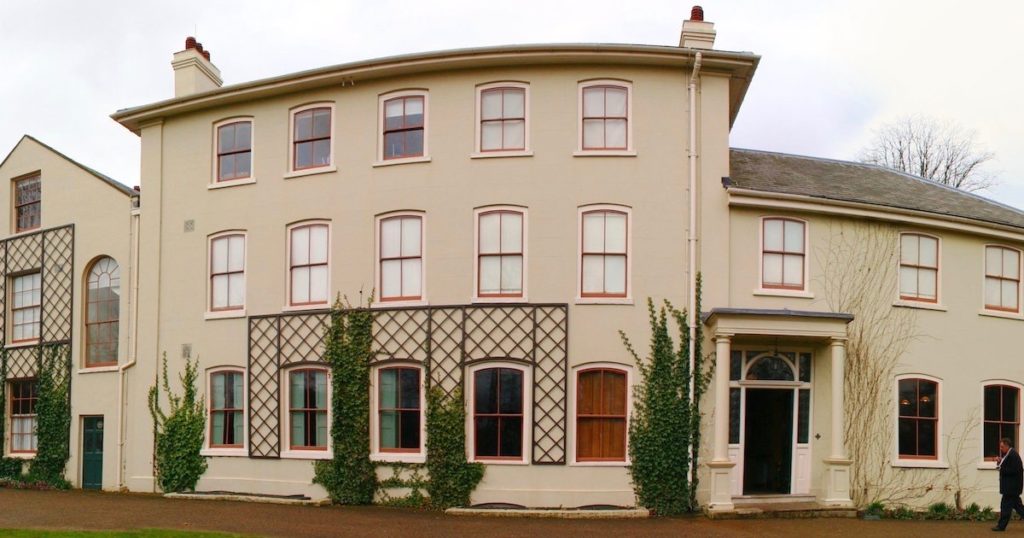 Evolution
Evolution
 Intelligent Design
Intelligent Design
The Hamlet of Down House

Editor’s note: We are delighted to present a new series by Neil Thomas, Reader Emeritus at the University of Durham, “Origin of Species: From Discussion Document to Nihilist Dogma.” This is the third article in the series. Find the full series so far here. Professor Thomas’s recent book is Taking Leave of Darwin: A Longtime Agnostic Discovers the Case for Design (Discovery Institute Press).
In the decade following the first publication of On the Origin of Species, Charles Darwin himself began to develop doubts about the theory of natural selection as the sole determining factor in the process of evolution. Realizing belatedly that the more modest term “natural preservation” (which, it may be noted, could hardly promote organic innovation) would have been the more precise term to have used, Darwin began to face these reservations in his own mind. He now asked himself: Could natural selection alone really have exerted the vast transformative powers he had claimed for it, such as being able to promote organic life over time from a unicellular bacterium to (inter alia) a mighty whale, all due to that poorly understood process nowadays referred to entirely question-beggingly as “complexification”?
Darwin Was Disturbed
Although some modern legatees of Darwin are untroubled by such doubts — accepting natural selection unproblematically as something that just “happens” with a kind of agent-less automaticity1 — Darwin himself clearly was troubled. For after publication of the first edition of the Origin in 1859, he began casting around in his mind for supplementary theories, sometimes going so far as to reconsider evolutionary thinking he had once firmly rejected.
He was even prepared to revisit that theory which would later be ruled out of account by discoveries in genetics made after his day, namely, the Lamarckian/Erasmian idea of the relative use/disuse of organs as determinants of biological development. Throughout the 1860s he remained touchingly open to incorporating responses to a variety of criticisms leveled at him by other scientists. The result was that, over a decade, the Origin went into no fewer than five revised editions, its sixth, heavily emended version being markedly different from the 1859 version which had even in that more confident original format contained a whole chapter modestly devoted to Darwin’s doubts about his theory, as already observed.
Next, “The Rise of Theistic Darwinism.”
Notes
- “Natural selection happens naturally, all by itself, as the automatic consequence of which individuals survive and which don’t. Given enough generations, ancestors that look like fish can change into descendants that look like monkeys. Given yet more generations, ancestors that look like bacteria can change into descendants that look like humans” (Richard Dawkins, The Magic of Reality [London: Transworld, 2012], p. 30).
